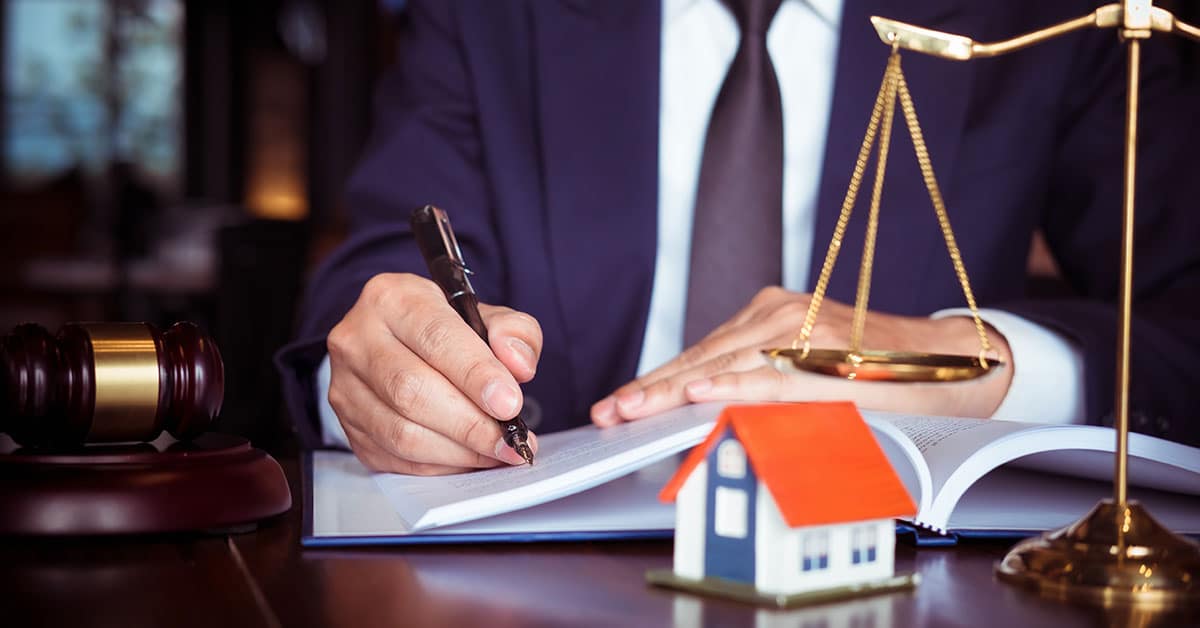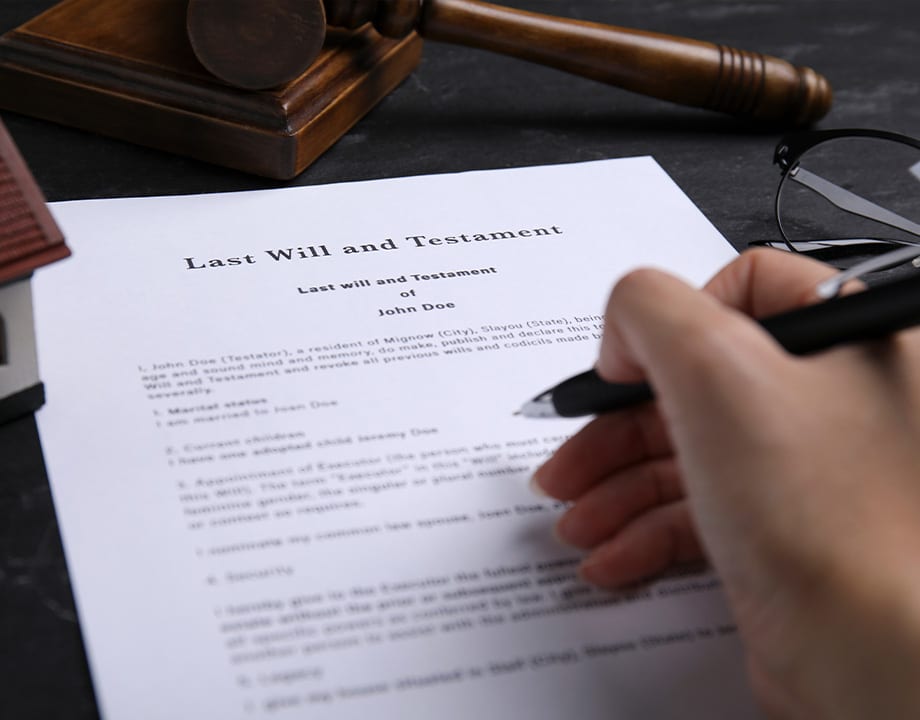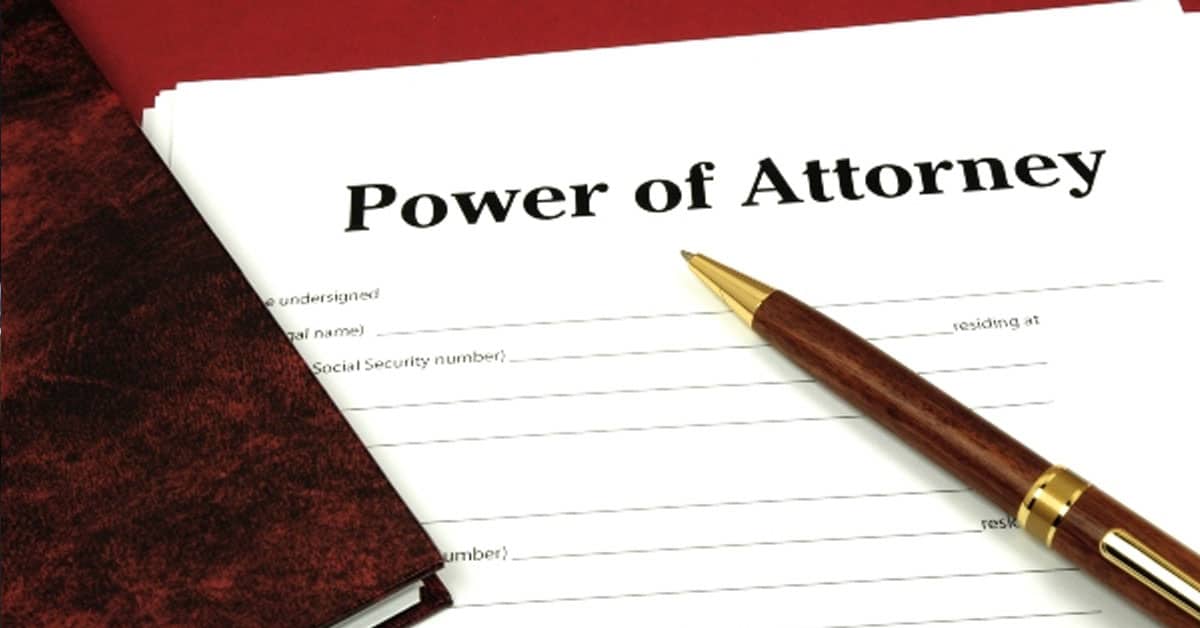Get Sound Legal Advice and Insights from Our Legal Team.

Lady Bird Deed Michigan: Did not restrict the grantor’s ability to execute another deed.
At the center of this case is a dispute concerning the home that belonged to a married couple (D and B), who are both now deceased.
L met D and B when she was a child, and they eventually became akin to her parents. Eventually, B developed dementia while D developed various physical ailments. The couple moved into a rehabilitation home. After that, the couple became concerned with the costs of the facility and missed living in their home. L claimed that she reached an agreement with D and B; she would move into their home and provide them with around-the-clock care. In return, D and B would deed their home in Michigan to L.
Lady Bird Deeds are essential in estate planning, particularly in Michigan, as they help individuals avoid the costly and lengthy probate process. These deeds facilitate a smooth property transfer after death while maintaining the owner’s control during their lifetime, making them a cost-effective alternative to traditional living trusts. Under Michigan law, Lady Bird Deeds operates to facilitate property transfer and avoid probate costs.
What is a Lady Bird Deed?
A Lady Bird Deed, also known as an Enhanced Life Estate Deed, is a powerful estate planning tool that allows property owners to transfer their real estate to beneficiaries without probate. This type of deed is prevalent among those looking to minimize estate planning costs and qualify for Medicaid. Despite its name, the Lady Bird Deed has no direct connection to Lady Bird Johnson. Instead, it is a unique method of automatically transferring your home and other real property upon death, ensuring a smooth ownership transition while retaining control during your lifetime.
Key Features of a Lady Bird Deed
A Lady Bird Deed offers several key features that make it an attractive option for estate planning. One of the most significant benefits is that it allows the property owner to retain complete control over the property during their lifetime. The owner can sell, mortgage, lease, or otherwise dispose of the property without the future beneficiaries’ consent. Additionally, the deed provides a step-up basis at the owner’s death, which can be advantageous for income tax purposes. Another essential feature is that the property remains protected from the beneficiaries’ creditors while the owner is still alive, ensuring that the property is preserved for the intended heirs.
Benefits of a Michigan Lady Bird Deed
A Michigan Lady Bird Deed offers numerous benefits, making it a valuable tool in estate planning. One of the primary advantages is the avoidance of probate, which can save time and money for the beneficiaries. The deed also allows the grantor to retain control over the property during their lifetime, providing flexibility and peace of mind. Additionally, it offers potential Medicaid planning advantages, as it can help the property owner qualify for Medicaid benefits while protecting the home from Medicaid estate recovery. The simplicity and cost-effectiveness of a Michigan Lady Bird Deed make it an excellent option for those with relatively few assets. It can also be used with other estate planning tools, such as Living Trusts and traditional Life Estate Deeds, to provide comprehensive protection and planning. Furthermore, the deed offers protection from the beneficiaries’ creditors and can help reduce future capital gains taxes on the sale of the property.
Medicaid Planning with a Bird Deed
A Lady Bird Deed can be an invaluable tool for Medicaid planning. A property owner can use this deed to qualify for Medicaid benefits while ensuring the home is not subject to Medicaid estate recovery. This means the property can be transferred to the beneficiaries without going through probate, preserving the estate for the heirs. However, it is crucial to understand the implications of using a Lady Bird Deed for Medicaid planning. Consulting with an experienced estate planning attorney is essential to navigate the complexities and ensure that the deed is used effectively and complies with Medicaid regulations.
Tax Implications of a Lady Bird Deed
A Lady Bird Deed has several tax implications that property owners should consider. One of the primary benefits is the step-up in basis at the owner’s death, which can be advantageous for income tax purposes. This step-up in basis can reduce the capital gains tax that the beneficiaries might owe if they decide to sell the property after the owner’s death. However, it is essential to note that the property may still be subject to capital gains tax if sold. Additionally, the deed can have implications for property taxes, and it is essential to understand how it will affect property taxes in Michigan. Consulting with a tax professional or an experienced estate planning attorney is recommended to fully understand the tax implications of a Lady Bird Deed and ensure that it aligns with your overall estate planning goals.
Ladybird Deed (Lady Bird Deed)
D executed a Lady Bird deed on behalf of himself and B that provided for the home transfer to L upon their deaths. In this deed, the couple conveyed the property to themselves for their lifetime. It further stated that if D and B have not previously conveyed the property before their death or their survivor has not previously conveyed the property before the survivor’s death, it was conveyed to L. After the death of D and B, L would need to file a property transfer affidavit along with a death certificate at the local assessor’s office to manage the property transfer.
Although L alleged that the property was conveyed in exchange for 24/7 caregiving services, the deed expressly provided that the consideration was $0.00.
Appointment of Conservator
D and B were released to L, and she allegedly began providing them with around-the-clock care. Shortly after the return home, B’s mental condition deteriorated, and she reportedly made threats of physical harm. B was returned to the medical facility. Shortly after, D died unexpectedly.
B could not make healthcare and financial decisions previously handled by D. The probate court found that B was incapacitated and lacked sufficient capacity to make informed decisions. The probate court appointed RPC as a conservator and advised that it typically required an inventory of assets within 56 days. RPC executed a new Lady Bird deed that would pass the house to D & B’s trust instead of L, affecting the ownership interest of the property. B died a year later.
Probate Petition in Probate Court
L filed a petition to set aside the second Lady Bird deed, to surcharge RPC as the conservator, and to add the trust as a party. The probate petition addressed issues related to the probate estate and the implications of the Lady Bird Deed on the estate. RPC moved for summary disposition under MCR 2.116(C)(8), alleging that the first Lady Bird deed only gave the grantor a life tenancy and did not restrict the grantor’s ability to sell or mortgage the property. Therefore, RPC was entitled to divest the remainderman beneficiary before the grantor’s death. RPC alleged that any interest by L was divested before B’s death, and therefore, L did not have an interest or standing in the action, warranting summary disposition.
The probate court granted summary disposition in favor of RPC. The trial court concluded that the first Lady Bird deed did not convey any interest to L until the death of both grantors and RPC, as the conservator, did not violate any statutory duties but was entitled to execute a Lady Bird deed in fulfilling its fiduciary obligations to the protected individual, B.
Help with Probate Litigation
Aldrich Legal Services represents clients in various probate litigation matters, including inheritance disputes. Given the emotional nature of these disputes and their financial impact on all involved, it is critical that anyone involved retain highly qualified legal counsel.


